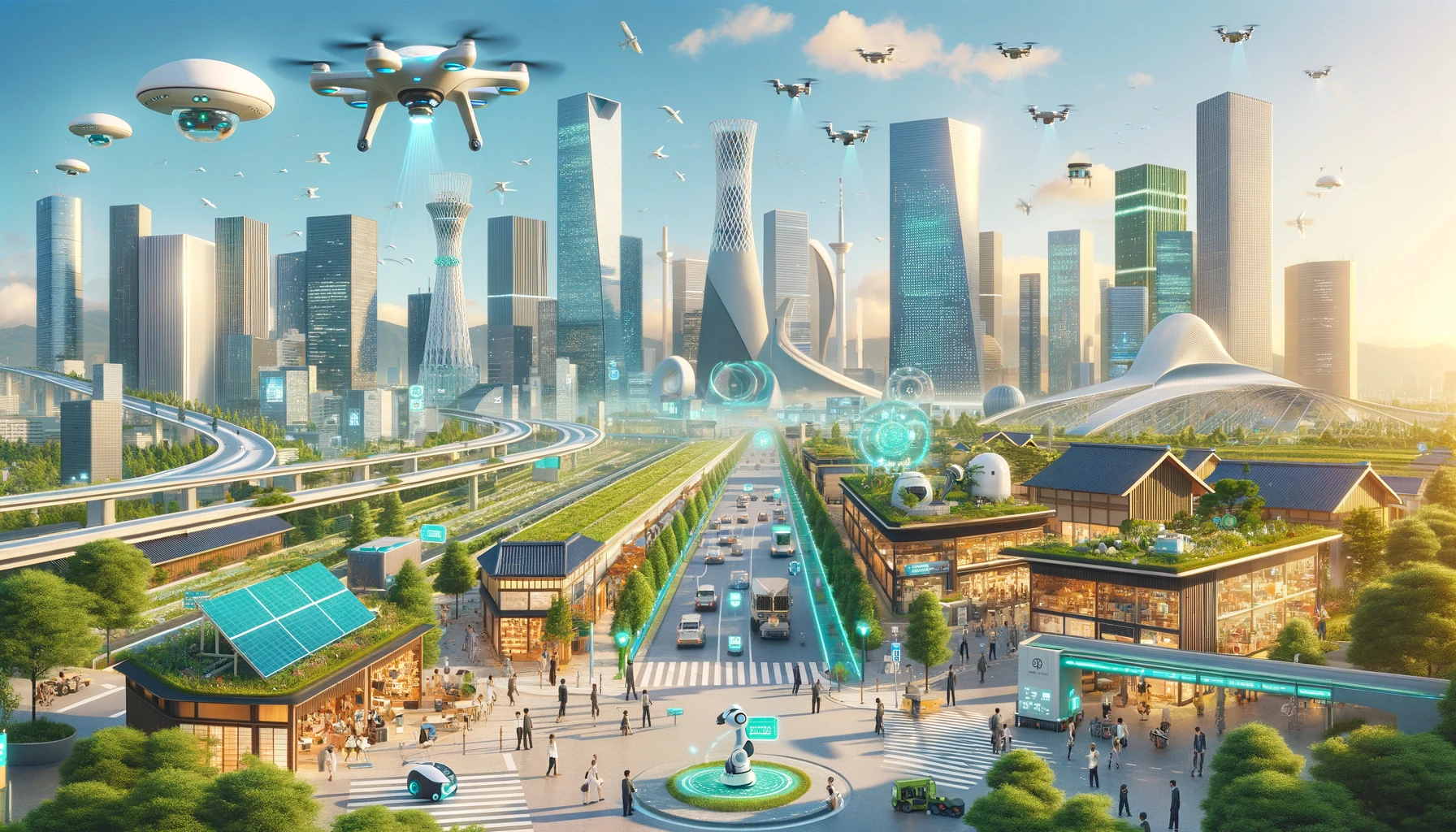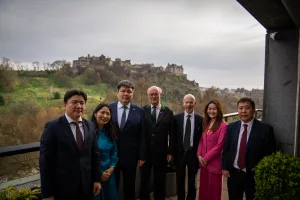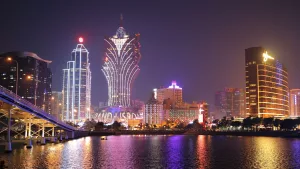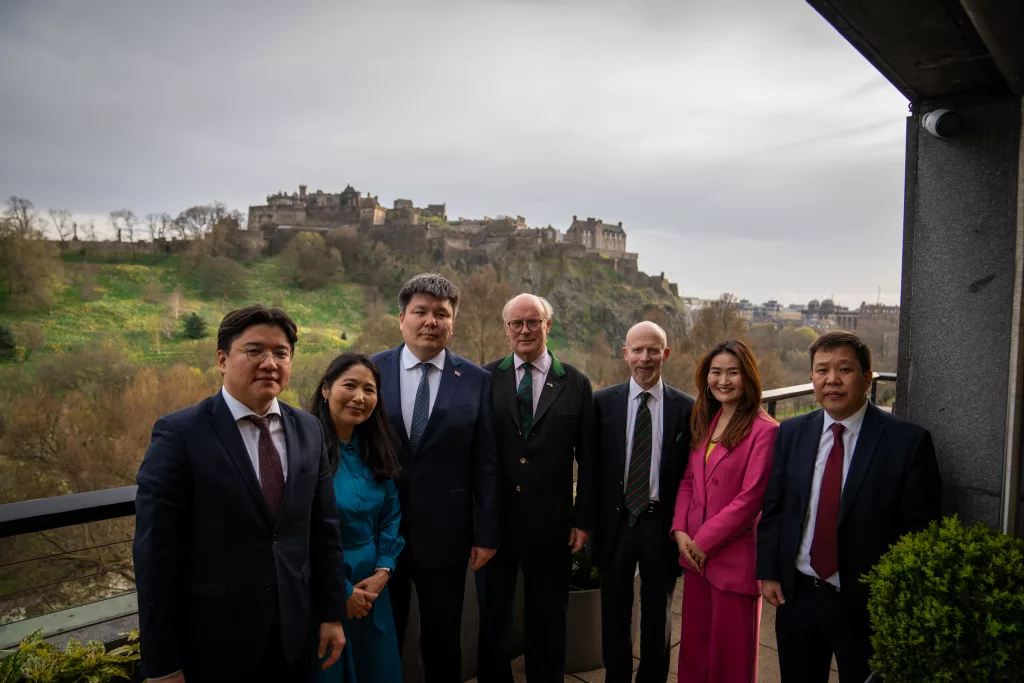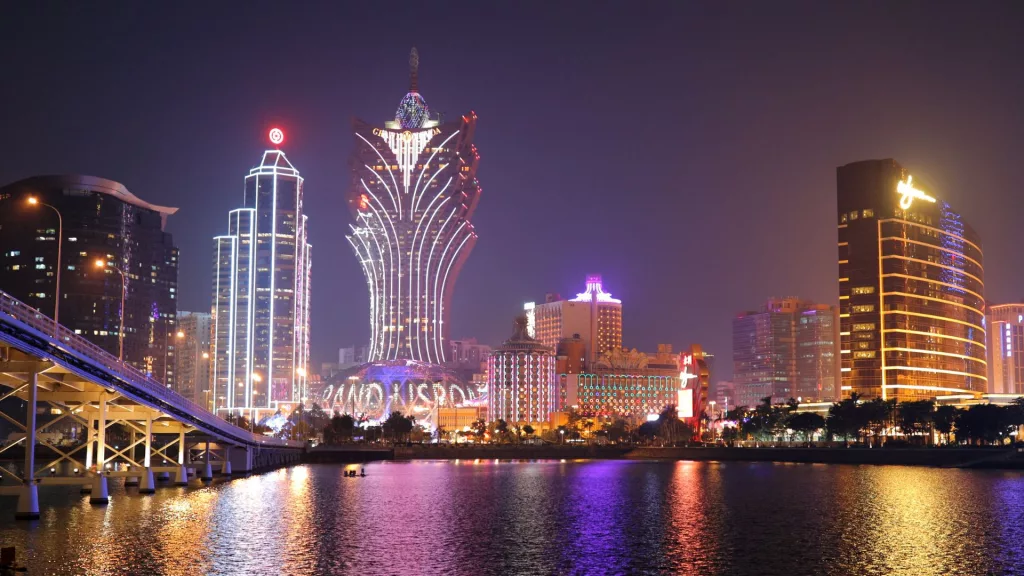Did you know, the term “Society 5.0” originally emerged as a 5-year national strategy for Japan developed by the Council for Science, Technology, and Innovation which was published in 2016? Japan has envisioned more than just a term, it’s a measure where humans and AI (Artificial Intelligence) can co-exist without overlapping each other and is widely supported by thriving AI researchers worldwide. This article plans to explain the implementation of Society 5.0 in human society with the support of AI, encompassing the economically liberal perspective to a certain extent which has resulted in a drastic change in the future of the Fifth Revolution. Illustrating how AI should be used to accomplish further human aims, and as such, it should be subject to checks and balances that reflect a modernised form of the social contract. Society 5.0 is based on the idea of the “fourth industrial revolution”, the merging of physical, digital, and biological technologies, to create a new era of sustainable development.
Can we examine Society 5.0 from the liberal perspective?
The actors involved in shaping Society 5.0 are now strong companies rather than just society and the government as they were during Rousseau’s time which stretches towards the idea of industrial liberalism. J.J. Rousseau, a renowned scholar (18th century), had a profound understanding of the Industrial Revolution and its consequences for human society. Rousseau’s ideas can be found in works including “The Social Contract” and “Discourse on the Origin and Basis of Inequality Among Men,” which presses the state value of existence where people coexist peacefully with the natural world. What is truly at stake in the struggle between conservatives and liberals in all spheres of society and where this struggle is evident is what Rousseau’s works reveal.
Soon the Industrial Revolution marked the advancement of technology, the growth of factories, and changes in society. According to Rousseau, the Industrial Revolution signified a change from a simpler, egalitarian state of nature to a complex civilisation marked by social hierarchy and alienation. His criticism anticipated the threats that industrialisation would bring social cohesion, break individual freedom, and hinder human well-being which is why implementing a fresh angle of human development by creating society 5.0 will enhance the interdependence of humans and AI, leading to a liberal sustainable future.
The concept of Society 5.0 has set an example for the post-modernist world where humans can efficiently use machines and generate more job roles, be less worried about security, and live sustainably with peace and harmony. As a result of the general acceptance that technology may reduce the costs of mobilisation for both citizens and authorities, regimes have started to become more alert by taking action to restrict access to digital platforms. The drastic changes in the AI-based world hold the ability to introduce a new form of capitalism into the human-oriented society which can be seen thriving with the liberal approach to address the human-centric society in a broader aspect. This will also raise concerns about the potential long-term effects of tech-based authoritarianism.
In the short term, we all want to use autonomous vehicles before having food or clothing delivered by humans, to reduce food wastage, so let the AI-drones do it for you. Need to build cyber-physical systems? Let the AI help you! Want to utilise the STI (Science, Technology, and Innovation) policy (a part of Abenomics)? Let the AI lead you. Many studies note that we can examine Society 5.0 from a liberal perspective, and be critical of the indulgence of stakeholders like the media, industry, and technology who support the same. Several parts of Society 5.0 are consistent with liberal concepts and aim to implement the SDGs 2030, in Japan. For better understanding, we can zoom in on;
1. The goal of Society 5.0 which aims to enable people by giving them access to technology, education, and knowledge. This is consistent with liberal ideas that value personal development chances and individual liberties.
2. By encouraging equal access to technical breakthroughs and advantages, the notion promotes the inclusion of all members of society. Liberals frequently support laws that level the playing field for everyone and lessen social injustices, most precisely, the role of international organisations like the UN and NGOs can be highlighted here.
3. The goal of Society 5.0 depends on technological use to improve society by tackling problems like environmental sustainability, healthcare, and education. These objectives are consistent with liberal principles of social justice and group welfare like commercial or green liberalism.
4. Although Society 5.0 places a strong emphasis on technology, it also recognises the role that government plays in fostering innovation and enforcing ethical technology use. Liberals frequently advocate for the government to have a balanced role in both regulating economic activity and advancing social welfare.
Drawbacks Alert!!
To comprehend liberal societal interests that are focused on how economic interdependence or international institutions may be affecting the future of AI, several scholars evoked additional elements, such as modernisation and AI. The expanding range of explanatory factors of theoretically preferred variables in this case highlights the growth of international institutions or economic interdependence. The diplomatic path towards liberal notions may also lead to the Netherlands and Japan developing a deeper partnership in the field of AI.
But wait! There are a few model limitations in the new Society 5.0 paradigm, where sustainable development is integrated at multiple levels including digitalisation. Let us look at some distinct criticisms of this paradigm;
1. Internet of Things (IoT) technology plays a major role in the digital transformation described in Society 5.0. It dramatically increases the quantity of private information about individuals and enterprises that might be exploited by hackers, which runs against liberal viewpoints.
2. When cobots are introduced into industrial processes, the number of workers decreases and the wages of specialised experts rise. This can lead to increased rivalry and raise questions about the principles of equality, as there may be a class conflict between human labourers and the efficiency of cobots.
3. Technology requires hardware replacements, which over time contaminates the environment and poses a threat to green liberalism.
The world’s efforts were shaped toward sustainability after the most crucial components of Society 5.0 were analysed. This started with the planning, which places people at the centre of the transition to Society 5.0 along with economic growth, technological advancement, and sustainability as liberal principles. Characterising Society 5.0 as a major goal to improve people’s quality of life and well-being in the future by developing a synergy between the real and virtual worlds is accurate. Fundamentally this liberal notion appears appealing because of its emphasis on equality, individual rights, and social progress. It is a broad vision that may be applied and understood in a variety of ways in a range of social and political circumstances.
A future with you: Society 5.0
When we consider Society 5.0 in a liberal economy, older people in countries like Japan, lost migrants, and refugees will gain a lot, starting from the ability to communicate, buy commodities, and use AI-powered services. Numerous useful facets of liberalism contribute to our understanding of how AI may impact human relations and Society 5.0 in the future. Applying a liberal perspective can be beneficial in numerous aspects to enhance the execution of Society 5.0. Implementing Society 5.0 can benefit Japan and the world in several ways by moving to a digitally enhanced version of the developed society where sustainability can be addressed by increasing employment and building similar strategies in the private and public sectors.


